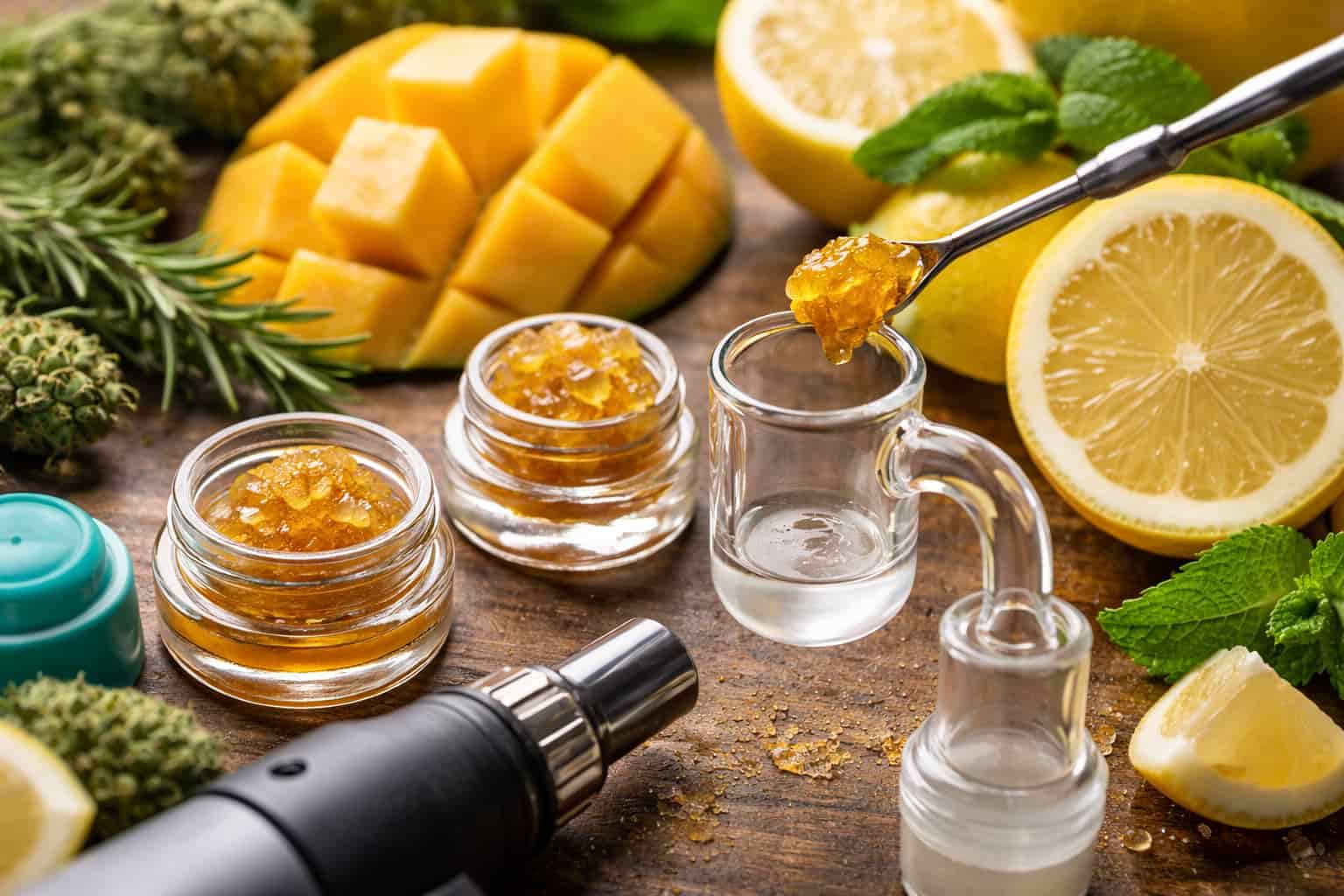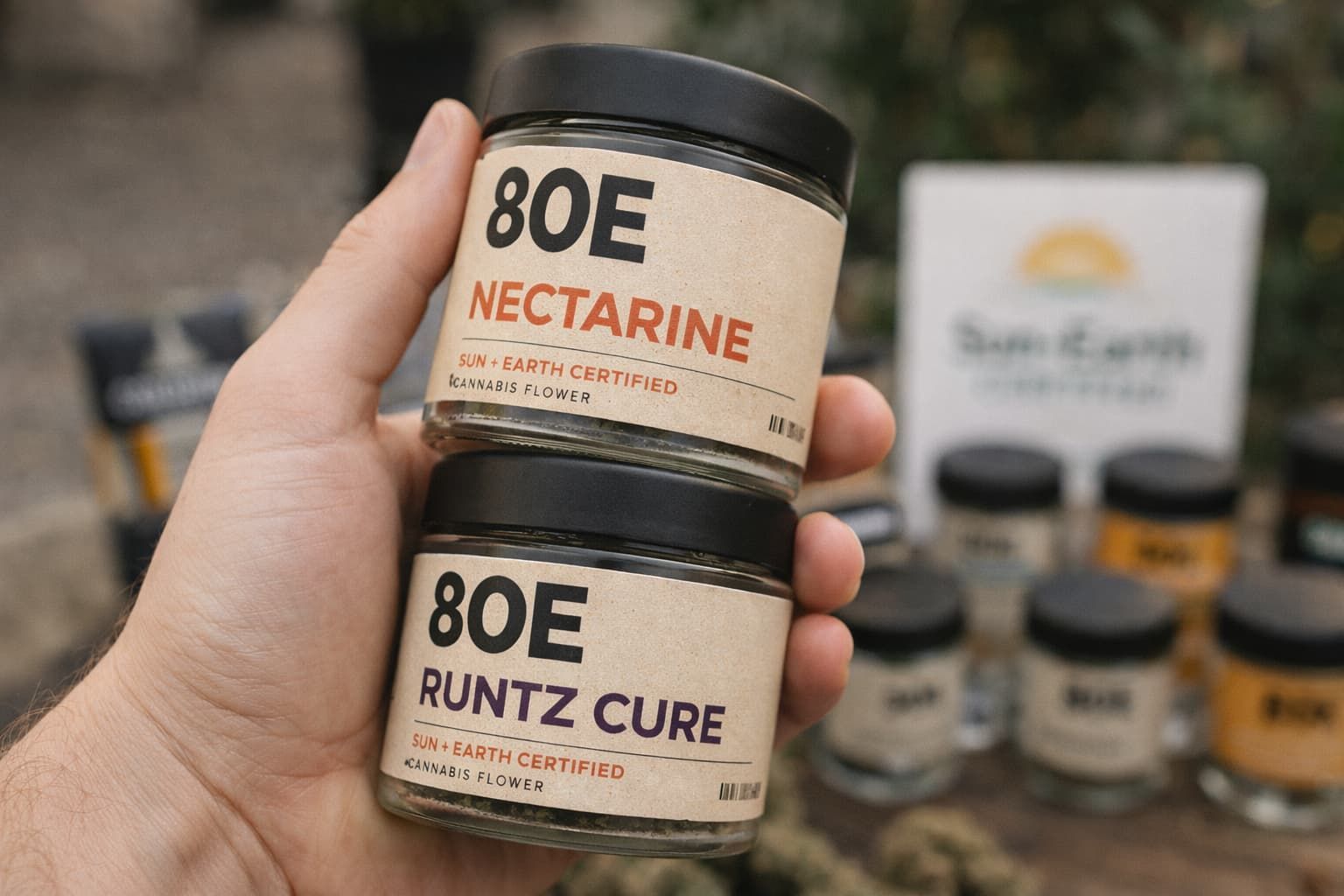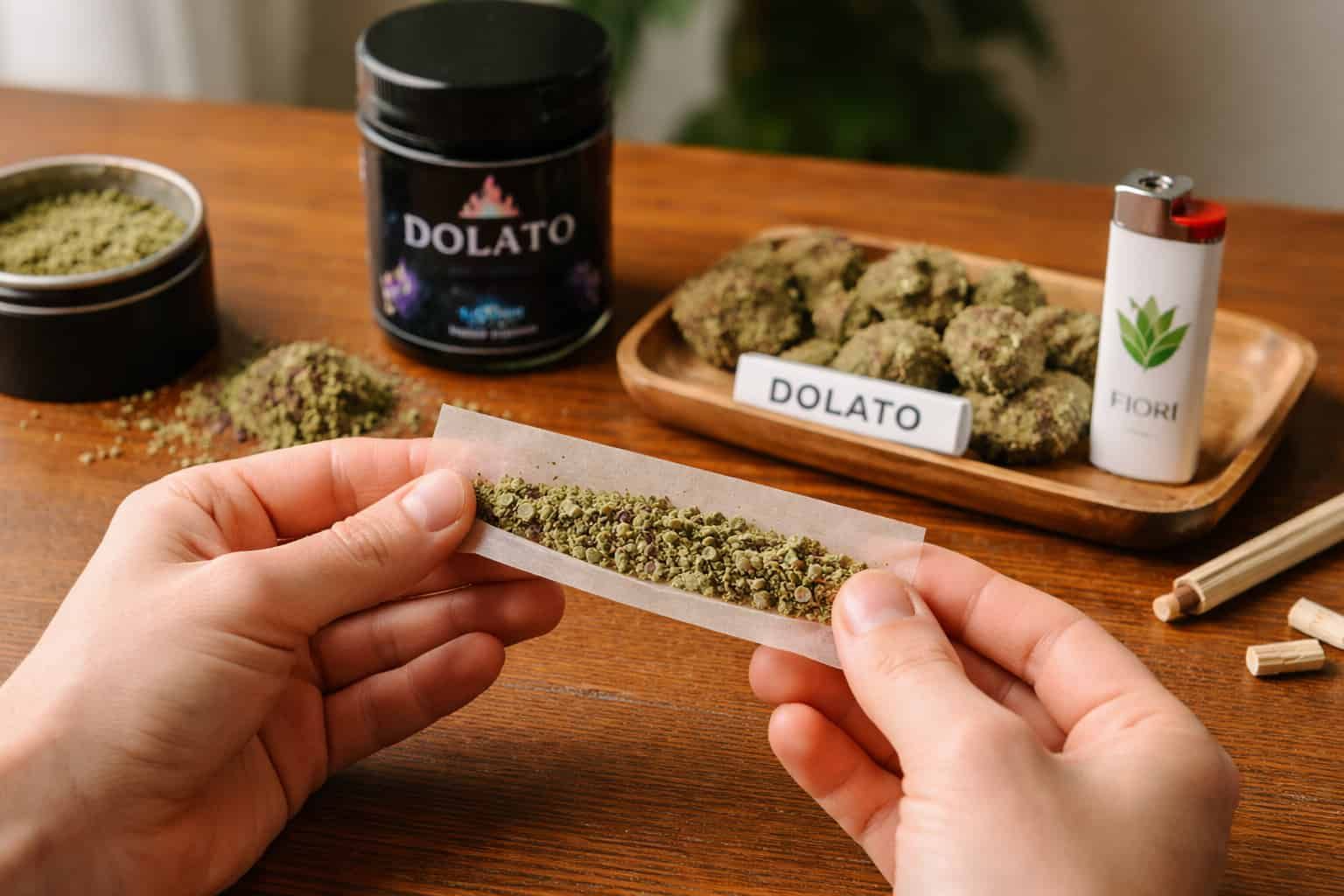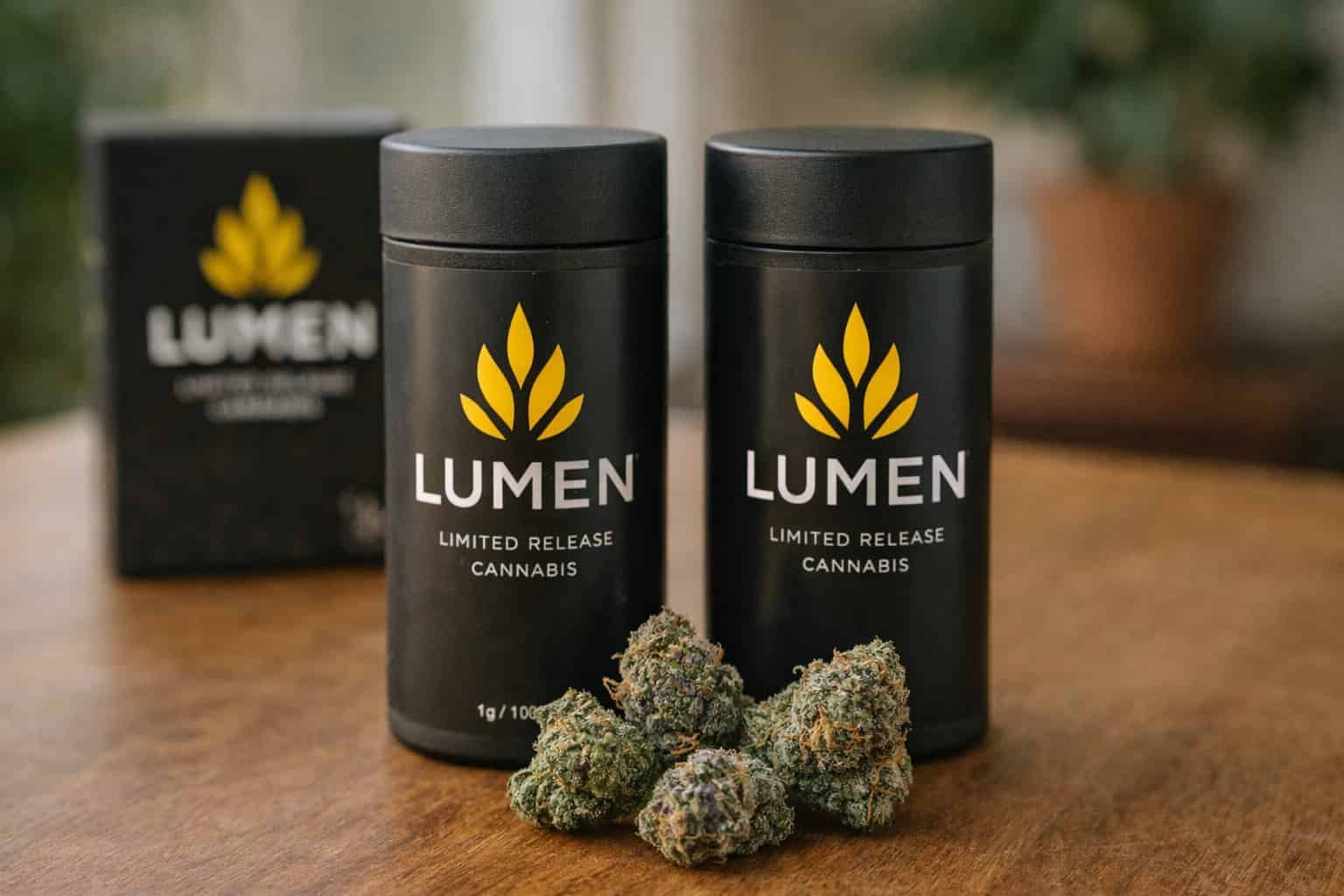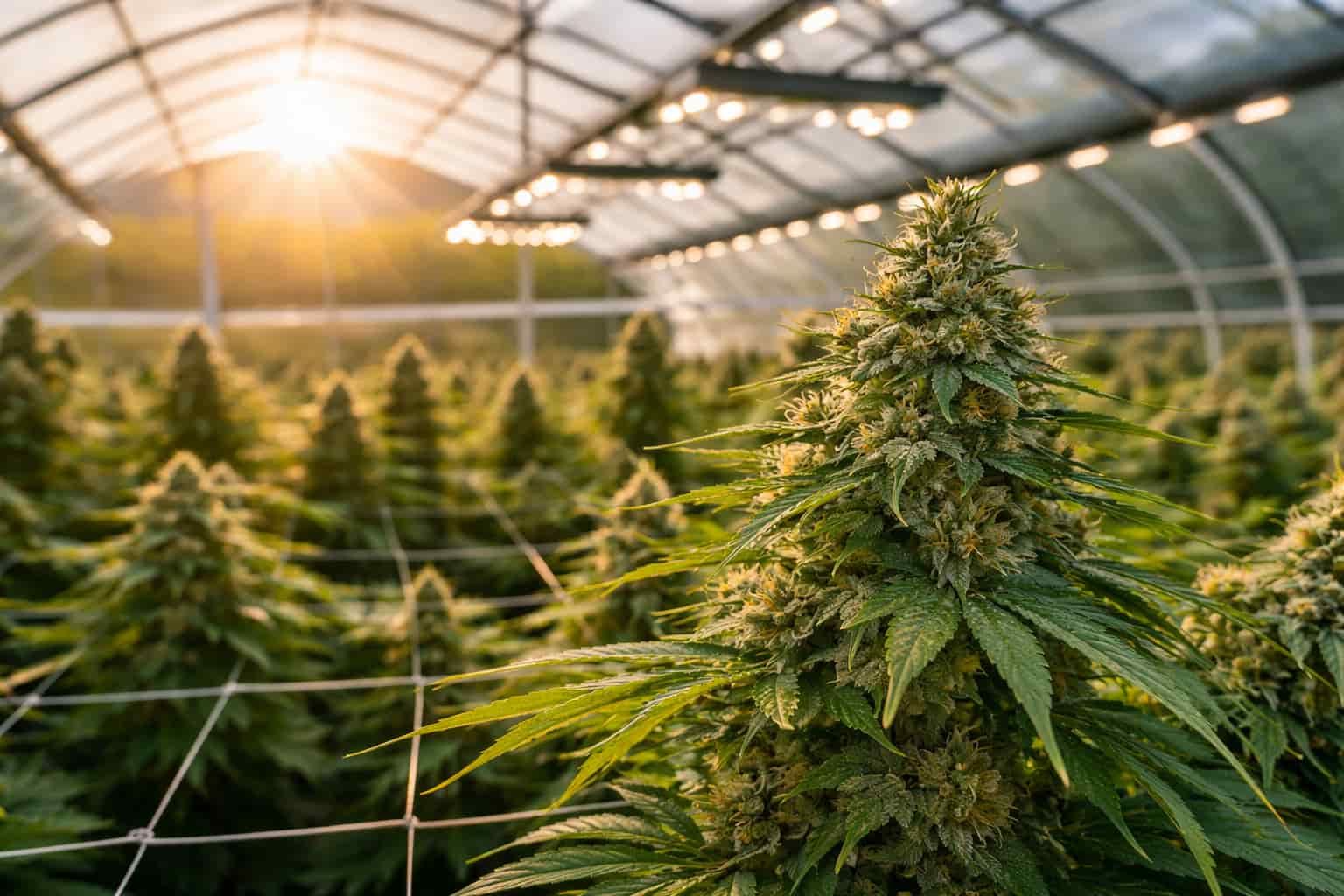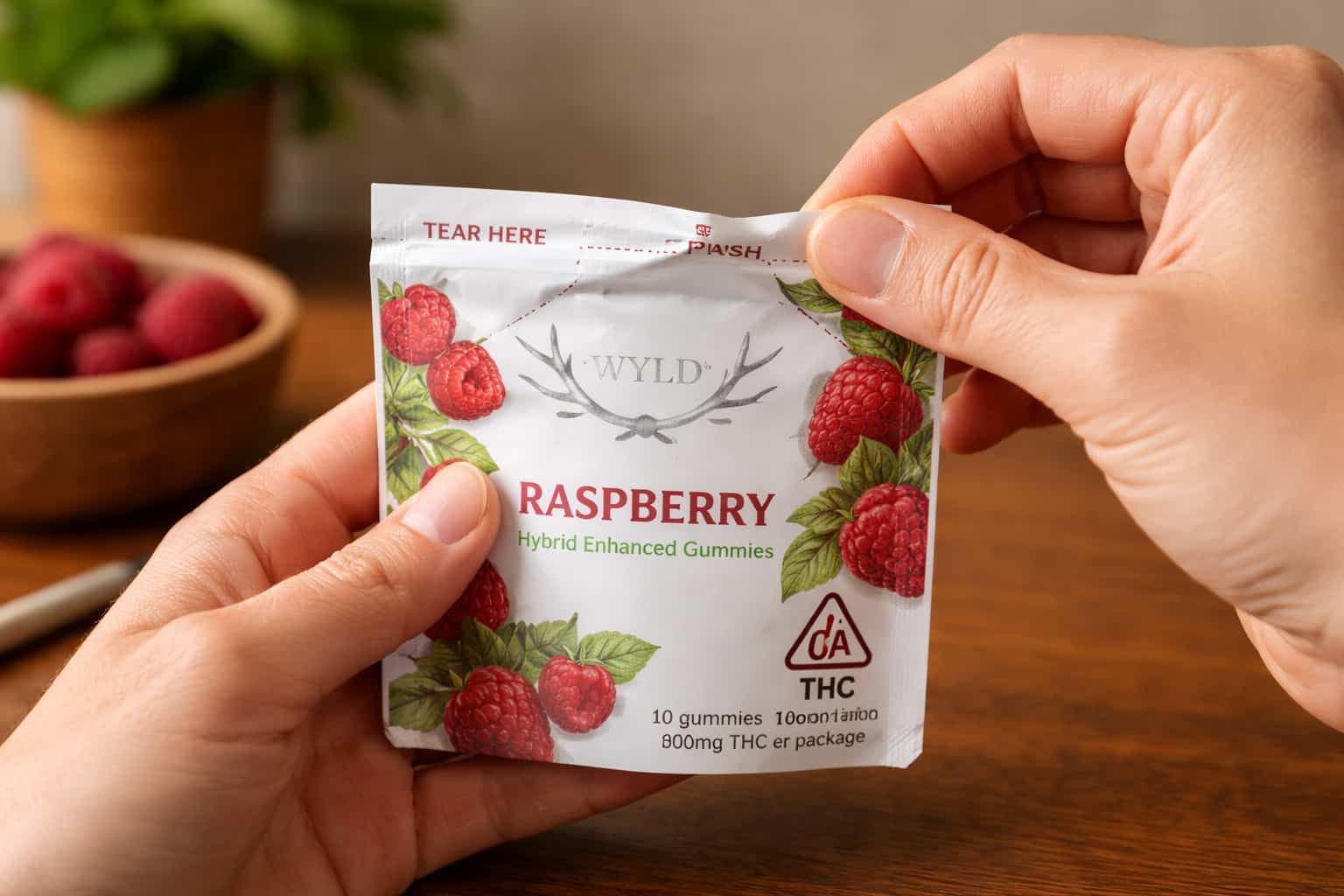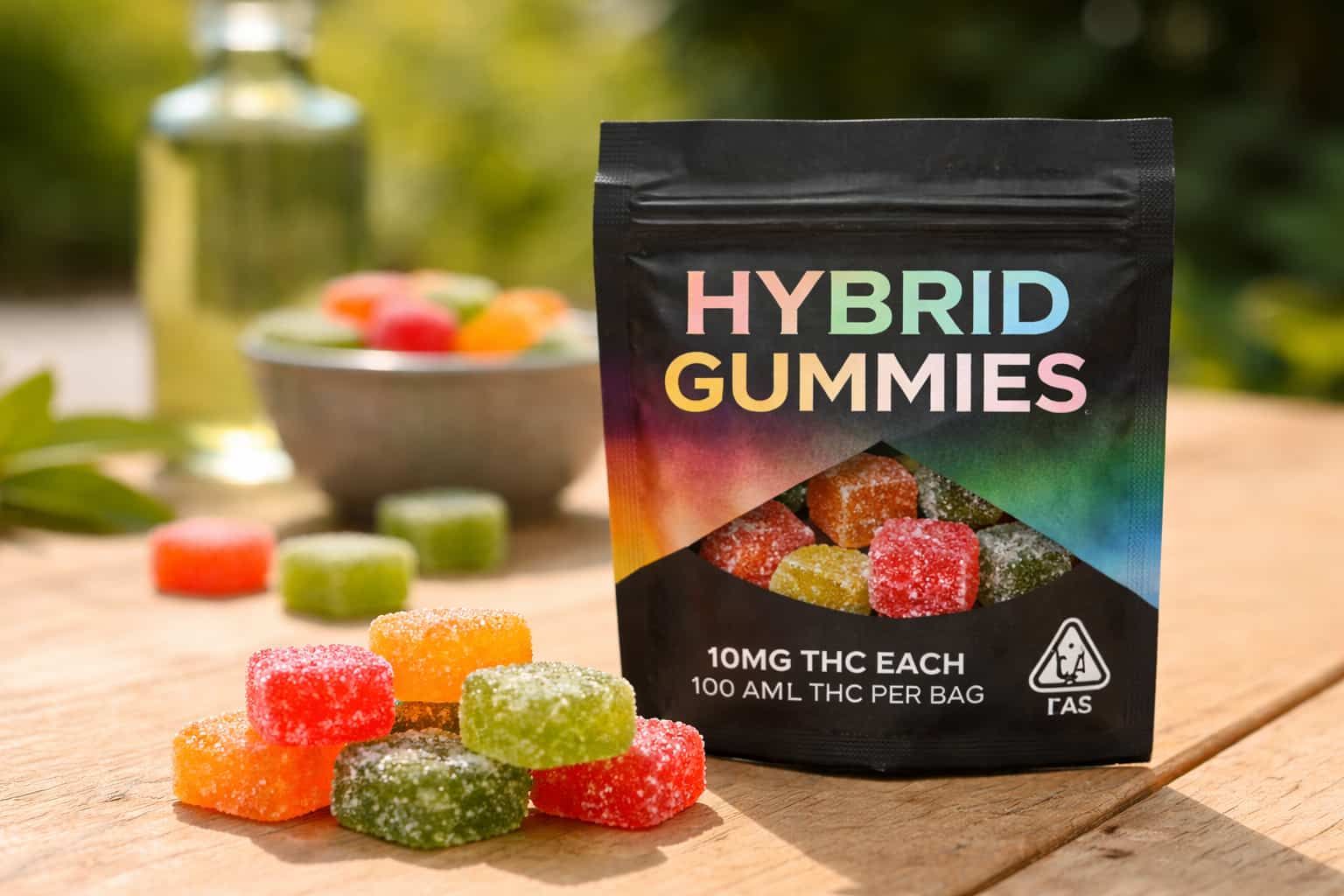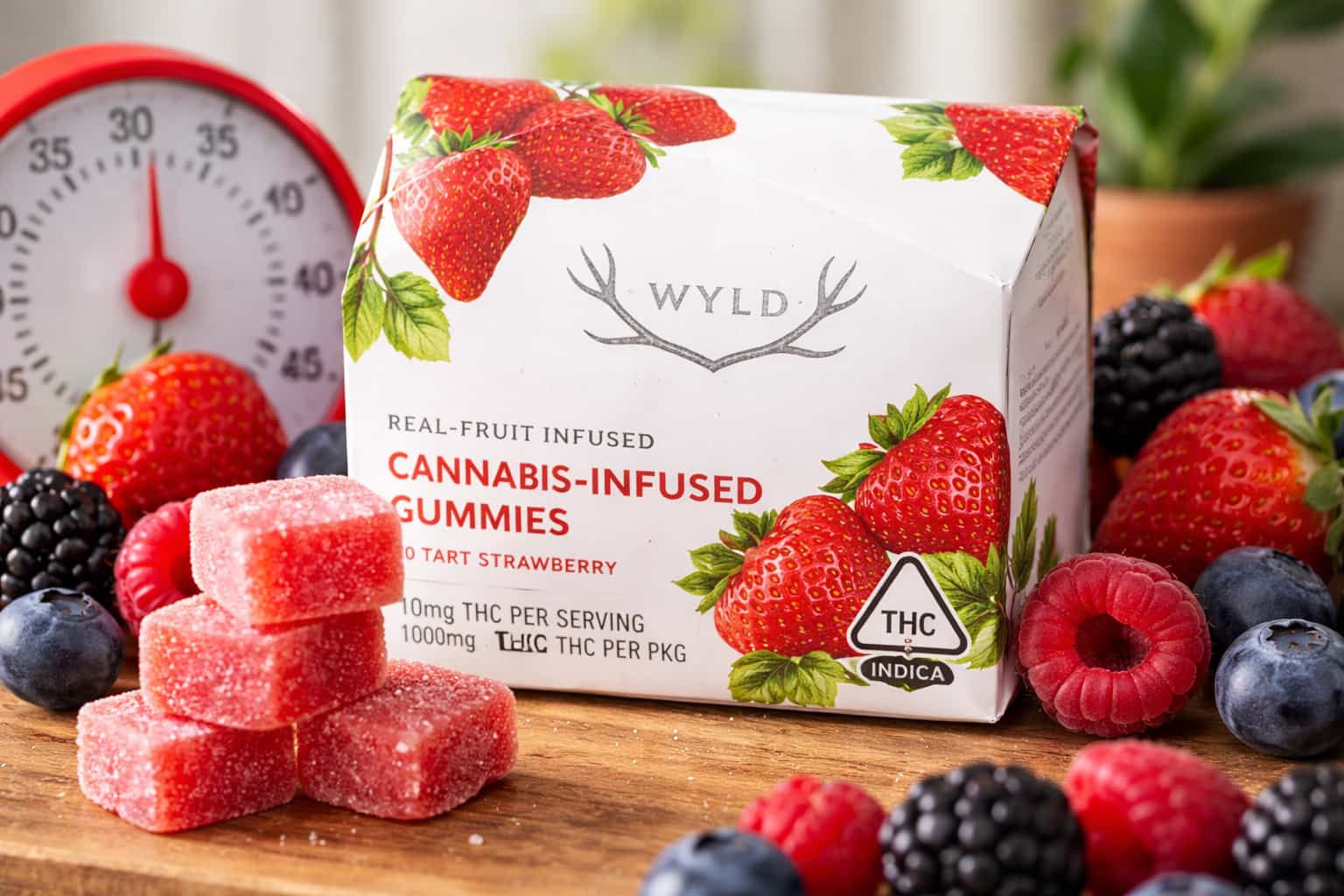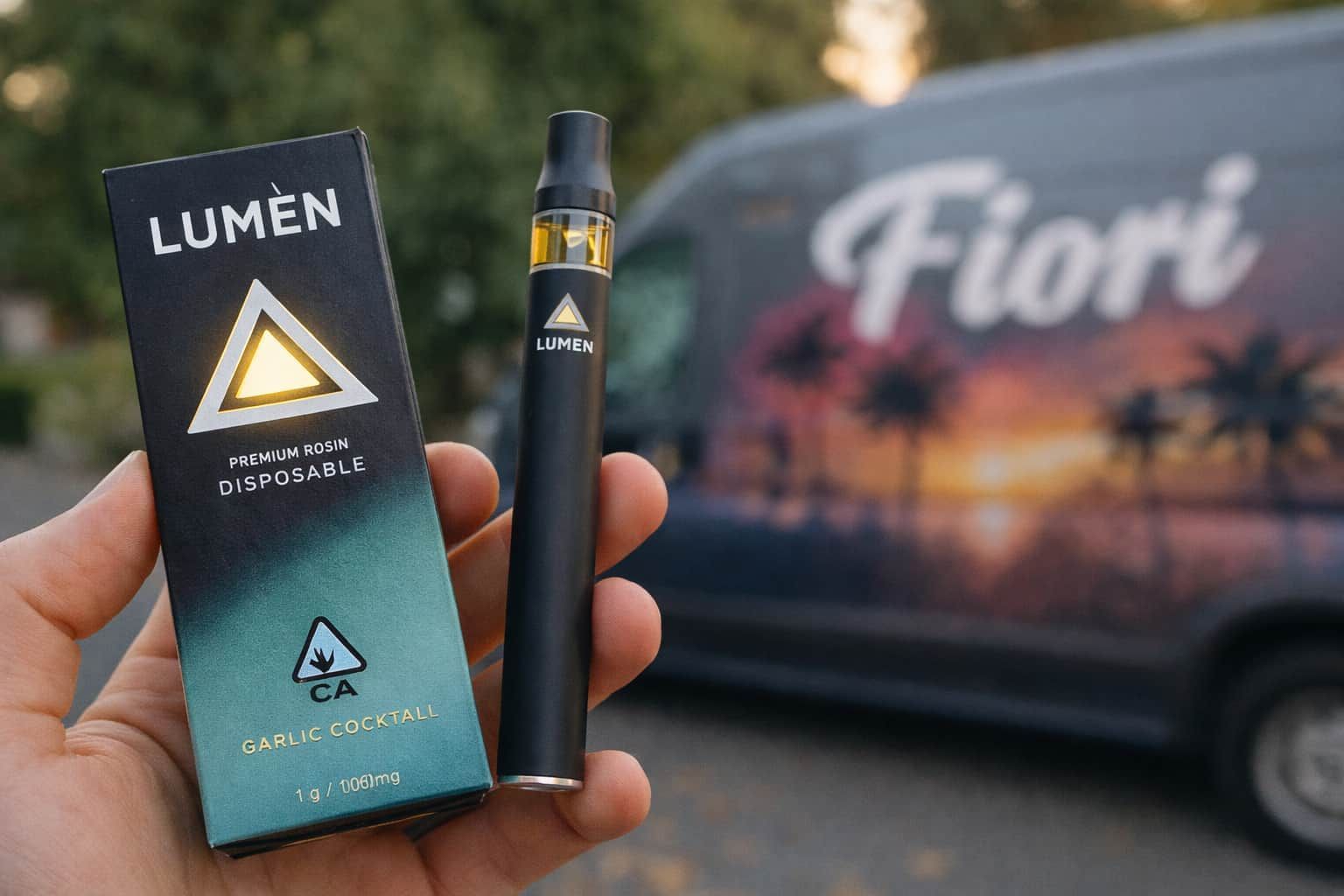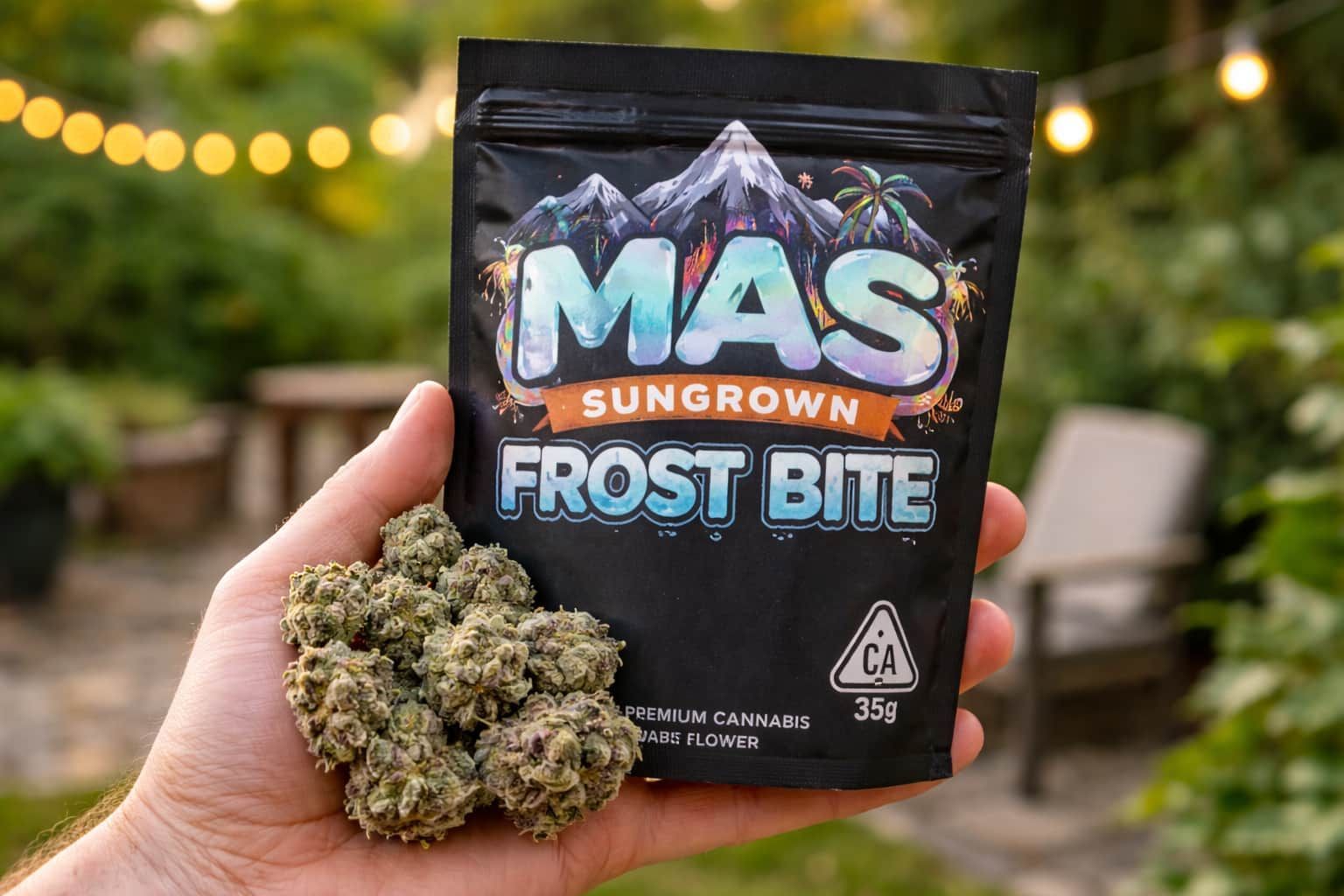Don't forget to return to your survey
and get your discount!
Understanding Cannabis Tincture Side Effects
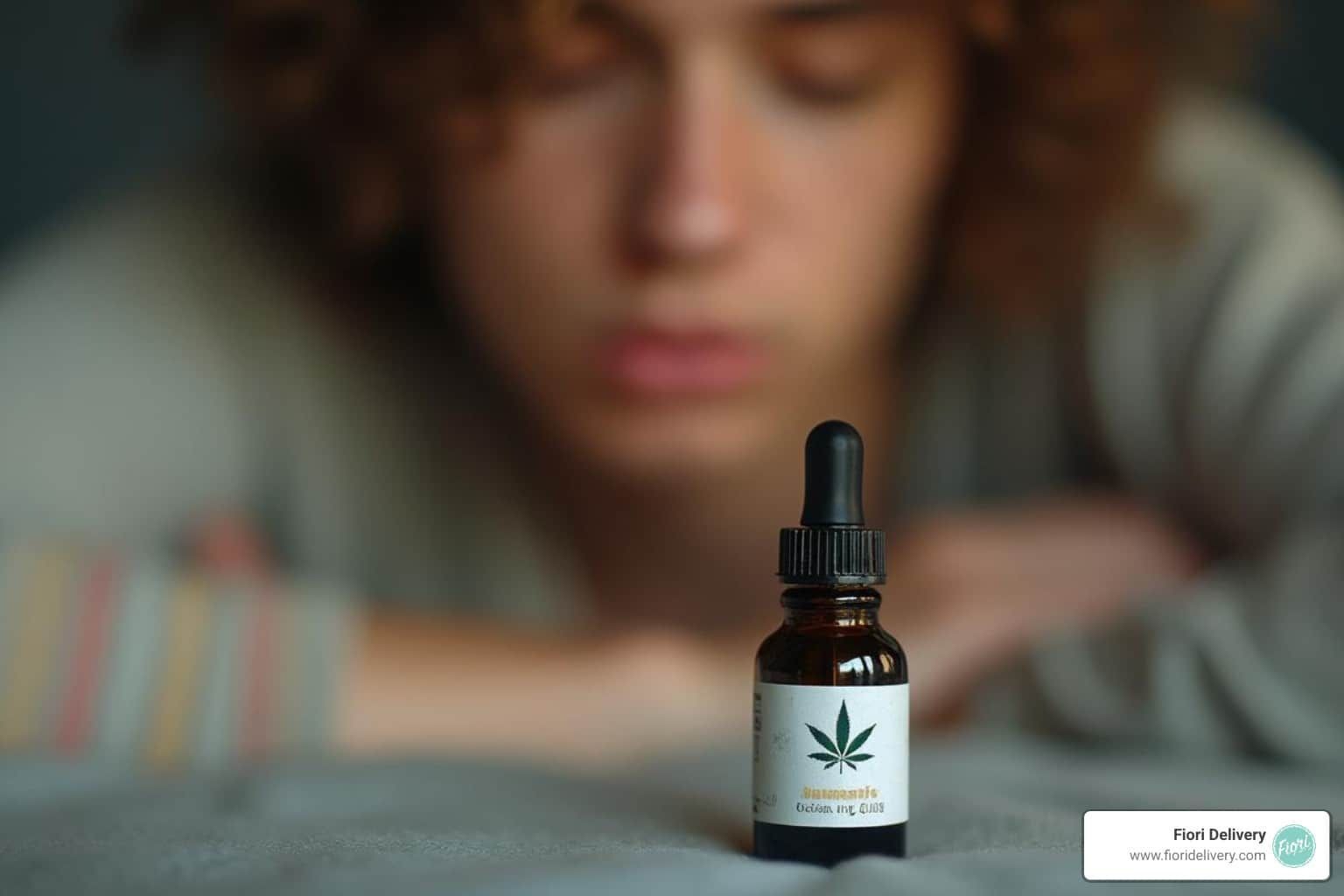
Cannabis tinctures are a popular choice for both newcomers and seasoned cannabis enthusiasts in California, and for good reason. These liquid extracts offer a discreet, smoke-free way to consume cannabis with the unique benefit of precise dosing, making them a versatile option for various wellness goals. However, as with any cannabis product, understanding the potential cannabis tincture side effects is key to ensuring a safe, comfortable, and positive experience. While these effects are typically mild and temporary, being informed empowers you to find the right product and dose for your wellness routine.
Here are some of the common side effects you might encounter, which we'll explore in more detail:
- Dry Mouth: Often called "cottonmouth."
- Dizziness: A lightheaded or unsteady feeling.
- Increased Heart Rate: Your heart might beat a bit faster.
- Anxiety or Paranoia: Feeling uneasy or overly worried, especially with higher THC doses.
- Red Eyes: Your eyes might look bloodshot.
- Fatigue or Drowsiness: Feeling tired or sleepy.
- Changes in Appetite: The "munchies" are common, but some might experience appetite changes.
This guide is designed to give you a clear, comprehensive overview of what to expect. At Fiori Delivery, we believe that education is the first step toward a better cannabis experience. By learning about these potential effects, you can steer your journey with confidence and make choices that are right for you.
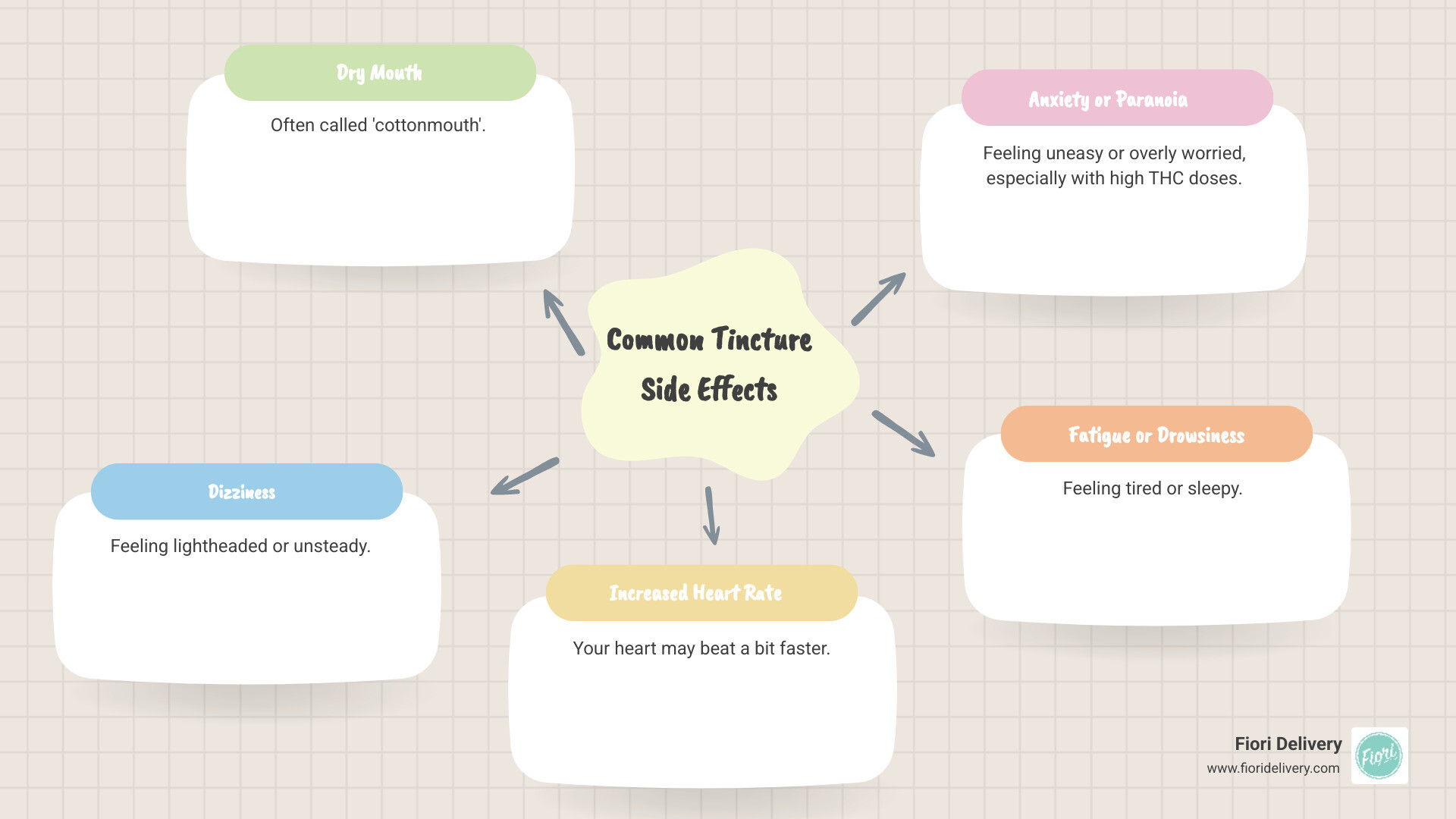
Common Cannabis Tincture Side Effects
When you're exploring cannabis tinctures, understanding the possible side effects is crucial for a smooth and enjoyable experience. The great news is that most of these effects are dose-dependent —meaning they are more likely to appear and be more pronounced with higher amounts—and they're usually temporary. Being prepared helps you feel more comfortable and confident as you find what works best for your body and your goals.
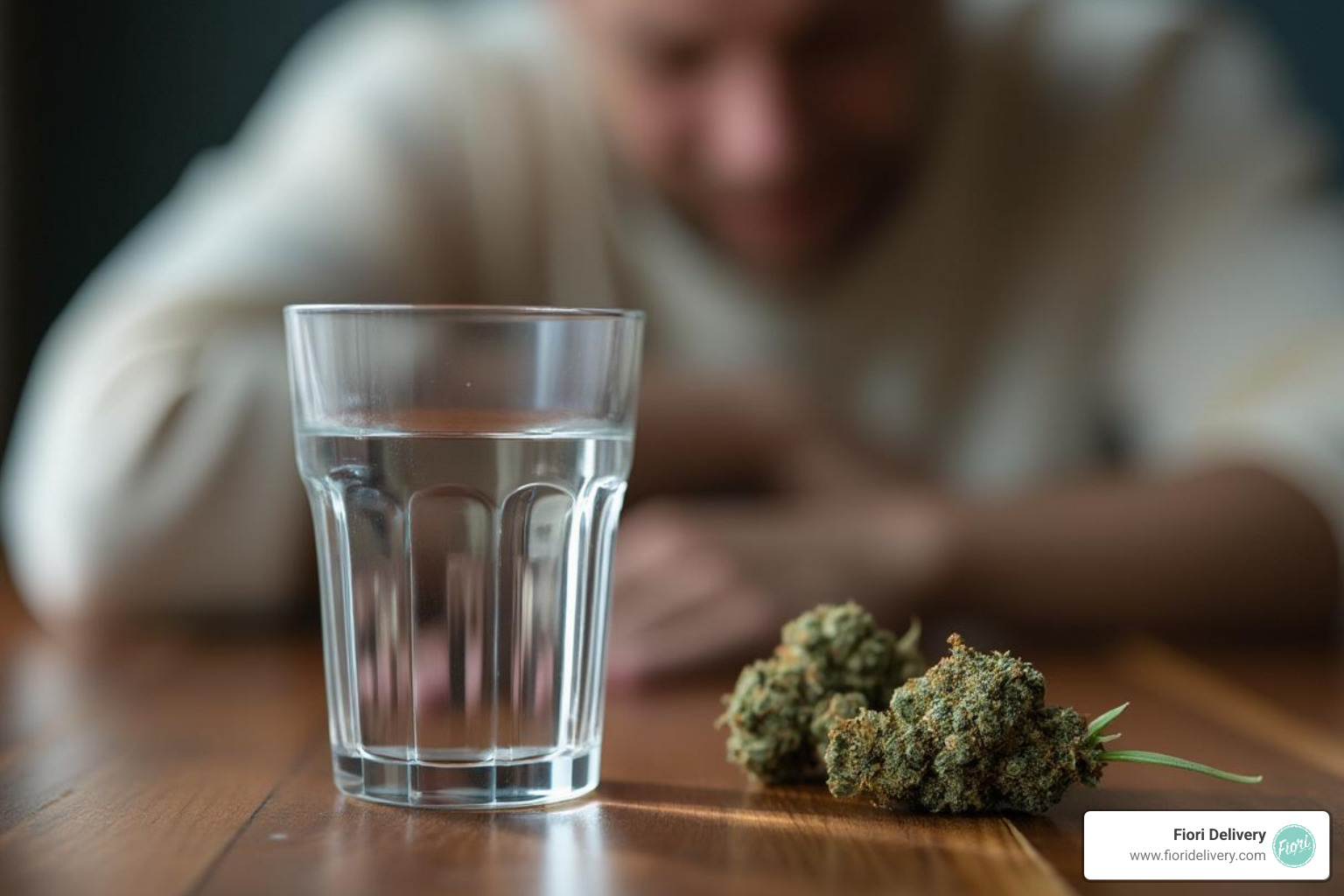
Physical Side Effects
Let's explore the physical sensations you might notice. These are often the most immediate and can give you a good indication of how your body is responding to the tincture.
First up is dry mouth, often playfully called "cottonmouth." This occurs because cannabinoids like THC and CBD interact with receptors in your salivary glands, temporarily decreasing saliva production. It might be a bit annoying, but it's completely harmless and easily managed by staying hydrated. Keeping a bottle of water or a hydrating beverage nearby, or even trying a sour candy, can help stimulate saliva flow.
You might also feel a fleeting moment of dizziness or lightheadedness. This is often linked to a temporary drop in blood pressure, as certain cannabinoids can cause blood vessels to widen (a process called vasodilation). This feeling usually passes quickly, and sitting or lying down for a few minutes can help you feel steady again. Taking your tincture with a small snack can also sometimes help.
With THC-dominant tinctures, you might notice an increased heart rate(tachycardia). Your heart may beat a little faster for a short period after consumption. For most healthy individuals, this is a temporary and benign effect. However, if you have a pre-existing heart condition, it's always a smart practice to consult with a healthcare professional before trying any new cannabis product.
Cannabinoids can also lead to changes in blood pressure. While some research suggests CBD may have an effect on blood pressure, THC can sometimes cause a brief initial spike followed by a drop. This is another reason why starting with a low dose is so important. You may also experience dry, red eyes, a classic and harmless cannabis effect caused by the same vasodilation that can affect blood pressure. Over-the-counter eye drops can provide relief if this is bothersome.
Depending on the specific cannabinoids and terpenes in your tincture, you might feel fatigue or sleepiness. For some, this is a desired effect, especially if they're using a tincture to help unwind in the evening. If you find it's making you too drowsy during the day, a lower dose or a different product formulation (perhaps one with more uplifting terpenes) might be a better fit. A 2020 review on CBD side effects noted drowsiness as a common potential reaction.
Finally, while less common, nausea can sometimes occur. This is a bit of a paradox, as while cannabis is often explored for its potential to help manage nausea, for some individuals, particularly with very high doses of THC, it can have the opposite effect. In extremely rare cases, chronic, heavy cannabis use can be associated with a condition called Cannabinoid Hyperemesis Syndrome (CHS), which involves severe cycles of nausea and vomiting.
Psychological Side Effects
Beyond the physical, tinctures can also influence your mental and emotional state. These effects are particularly important to be aware of, especially when trying new products or higher doses.
One of the most discussed psychological cannabis tincture side effects is anxiety or paranoia, which is almost exclusively associated with high-THC tinctures. Higher concentrations of THC can sometimes overstimulate the amygdala, the part of the brain that processes fear, leading to feelings of unease or worry. This is precisely why the golden rule is to "start low and go slow." Understanding your personal tolerance is key, and choosing a comfortable, familiar setting can also help mitigate these feelings.
You might also notice an altered perception of time, where minutes can feel like hours or vice versa. This is a common psychoactive effect of THC and is part of the experience for many. Similarly, short-term memory impairment can occur, where THC temporarily affects your brain's ability to form new memories. These effects are temporary and subside as the tincture wears off.
Along the same lines, you might experience difficulty concentrating while under the influence of THC. It's best to avoid tasks that require sharp focus, like driving or operating machinery, until the effects have fully worn off. On the other hand, many people seek the euphoria or "high" that THC can provide, which often brings feelings of relaxation, creativity, and well-being. However, for a few individuals, especially with very high doses or in an uncomfortable setting, the experience can become unpleasant, leading to dysphoria —a state of general unease or dissatisfaction.
THC vs. CBD Tinctures: How Side Effects Differ
The fascinating world of cannabis involves hundreds of compounds, but two cannabinoids stand out: Tetrahydrocannabinol (THC) and Cannabidiol (CBD). The specific cannabinoid profile of your tincture plays the biggest role in the cannabis tincture side effects you might experience. This is because THC is the primary psychoactive compound in cannabis—the one responsible for the "high"—while CBD is non-intoxicating. This fundamental difference means they interact with our body's endocannabinoid system in distinct ways, leading to very different potential effects. To learn more about this incredible internal network, you can explore our guide on The Endocannabinoid System Cannabis.
Understanding how these two key players differ can help you choose the right tincture for your needs and better anticipate what you might feel. THC primarily binds to CB1 receptors in the brain and nervous system, which causes its euphoric and psychoactive effects. CBD, on the other hand, has a more indirect influence, modulating the endocannabinoid system and interacting with other bodily receptors without causing a high. This indirect action is why CBD is often explored for its potential to support overall well-being without the intoxicating effects of THC.
Here's a quick look at how their side effects typically compare:
| Side Effect | THC-Dominant Tinctures | CBD-Dominant Tinctures |
|---|---|---|
| Psychoactivity | Strong "high," altered perception | None; non-intoxicating |
| Anxiety/Paranoia | Possible, especially with higher doses | Very rare; some users find it can contribute to feelings of calm and may help mitigate anxiety |
| Sedation/Fatigue | Can cause drowsiness or sleepiness | Can cause drowsiness or fatigue, especially at higher doses |
| Appetite Changes | Often increases appetite ("munchies") | Less common; may slightly decrease appetite for some |
| Digestive Issues | Less common | Possible, especially diarrhea with high doses |
| Changes in Weight | Less common | Possible changes in weight |
| Dry Mouth & Red Eyes | Common | Less common |
| Dizziness | Possible | Possible, especially if blood pressure drops |
| Increased Heart Rate | Possible | Less common |
| Drug Interactions | Possible, especially with sedatives or blood thinners | More common due to liver enzyme interaction (e.g., "grapefruit test") |
As you can see, the experience can vary significantly. THC-dominant tinctures are more likely to cause noticeable psychoactive effects and might increase anxiety in sensitive individuals, alongside the well-known appetite boost. Conversely, CBD-dominant tinctures are non-intoxicating and generally well-tolerated. When side effects like fatigue or digestive upset do occur with CBD, they are often dose-dependent. It's also crucial to be aware of potential drug interactions with CBD. It can inhibit the cytochrome P450 enzyme system in your liver, which is responsible for metabolizing many common prescription medications. This is why it's always recommended to speak with a healthcare professional if you are taking other medications, especially before incorporating CBD into your routine, to ensure safety and avoid potential complications.
Don't forget to return to your survey
and get your discount!

